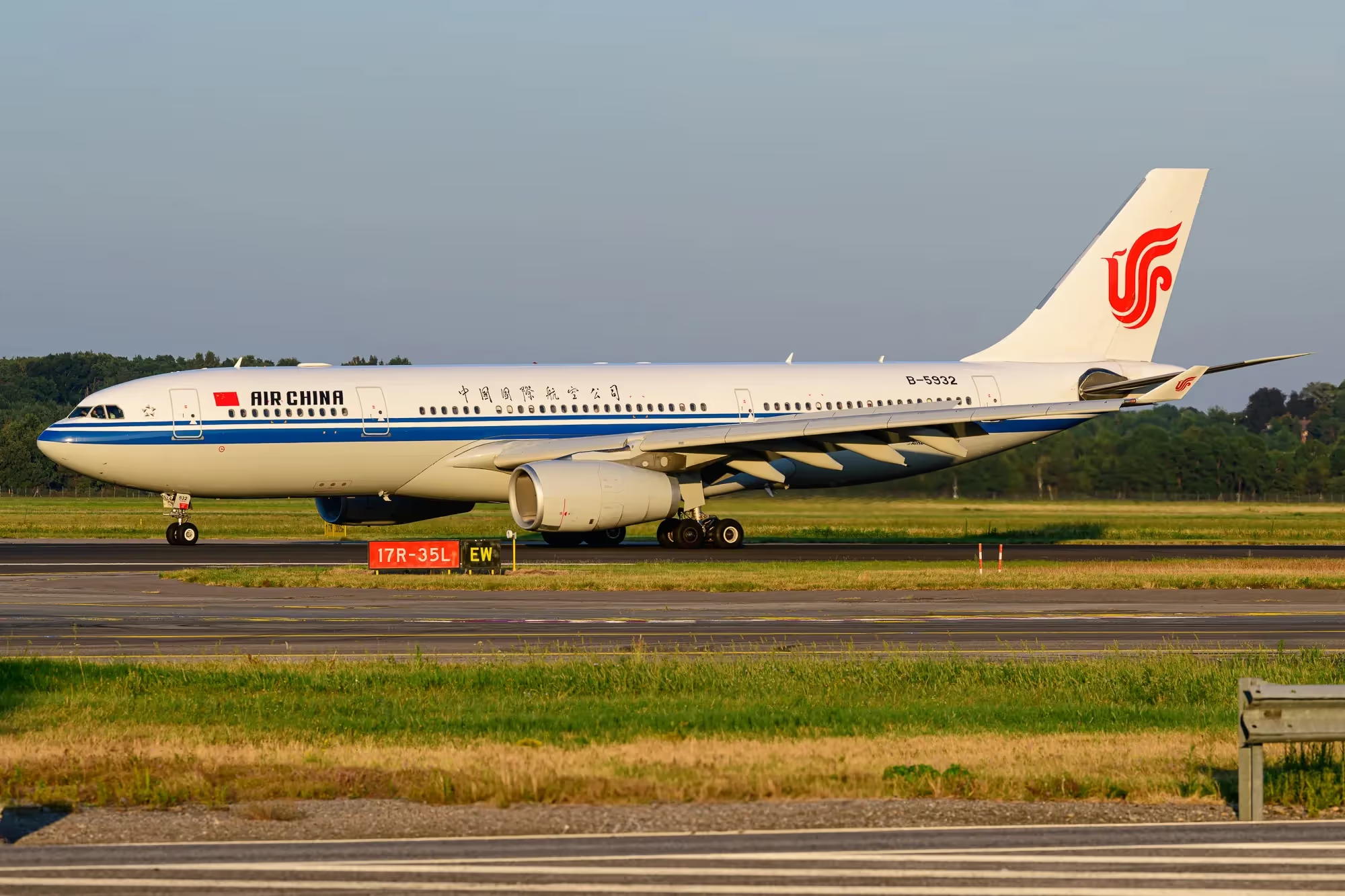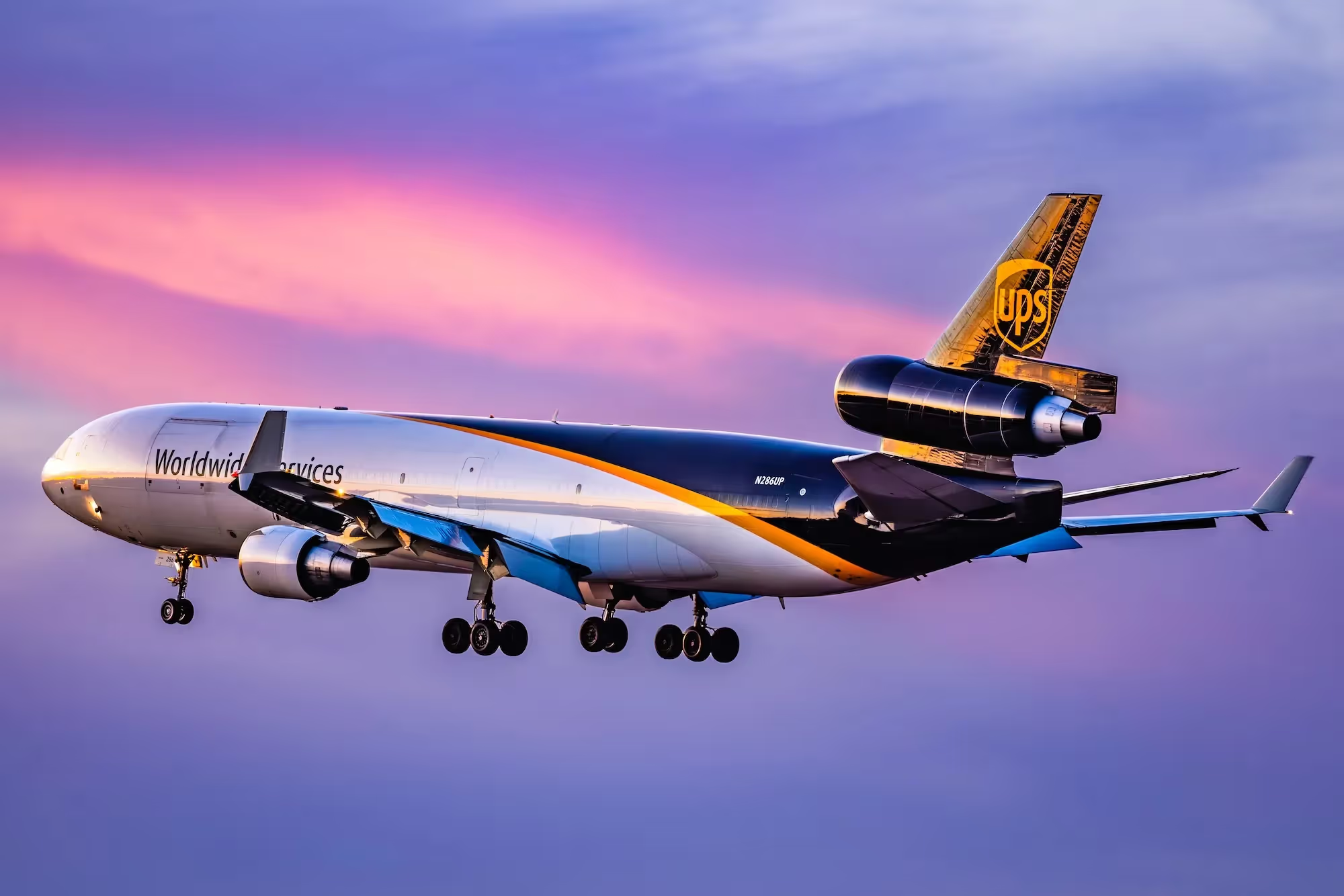DALLAS — Singapore Airlines (SQ) has become the first international airline to confirm nonstop flights to Western Sydney (Nancy-Bird Walton) International Airport (WSI), set to open in 2026. This commitment marks a significant milestone for the $5.3 billion airport project, nearing 80% completion.
Singapore Airlines, which recently increased its capacity on its existing Sydney routes, is looking to expand its operations with the new airport. Its budget subsidiary, Scoot, operates 12 weekly return flights between Singapore and Sydney Airport.
The addition of SQ to the WSI's roster follows the earlier announcements by Qantas (QF) and Jetstar (JQ), which will operate domestic flights from the new hub. The new airport in Badgery's Creek is designed to operate 24/7 without a curfew, and its 3.7-kilometer runway can accommodate large aircraft like the Airbus A380.
Prime Minister Anthony Albanese and Transport Minister Catherine King are expected to confirm the deal with SQ, which will highlight the government's efforts to increase competition in Australia's aviation sector.
Minister King emphasized the need for more competition, lower airfares, and better services, expressing support for creating a federal agency to advocate for passengers dealing with issues such as canceled flights and refund disputes.
The previous government had rejected a proposal to allow Sydney Airport to operate the new airport, making Western Sydney Airport a federal enterprise. This decision aims to foster competition and provide more options for airlines and passengers.
The new airport is expected to handle 10 million passengers annually, complementing the capacity of the already busy Sydney Airport, which recorded 9.7 million passengers in the second quarter of this year. This development is seen as a game-changer for Australia's busiest aviation network.
Nancy-Bird Walton Airport will include a 3.7-kilometer runway, a combined domestic and international terminal, and a dedicated cargo area. operations at WSI are "anticipated to generate an estimated $24.6 billion in direct expenditure by 2060 and contribute to a $23.9 billion increase in the nation’s GDP."


.avif)
.avif)
.avif)
.avif)
.avif)





.avif)